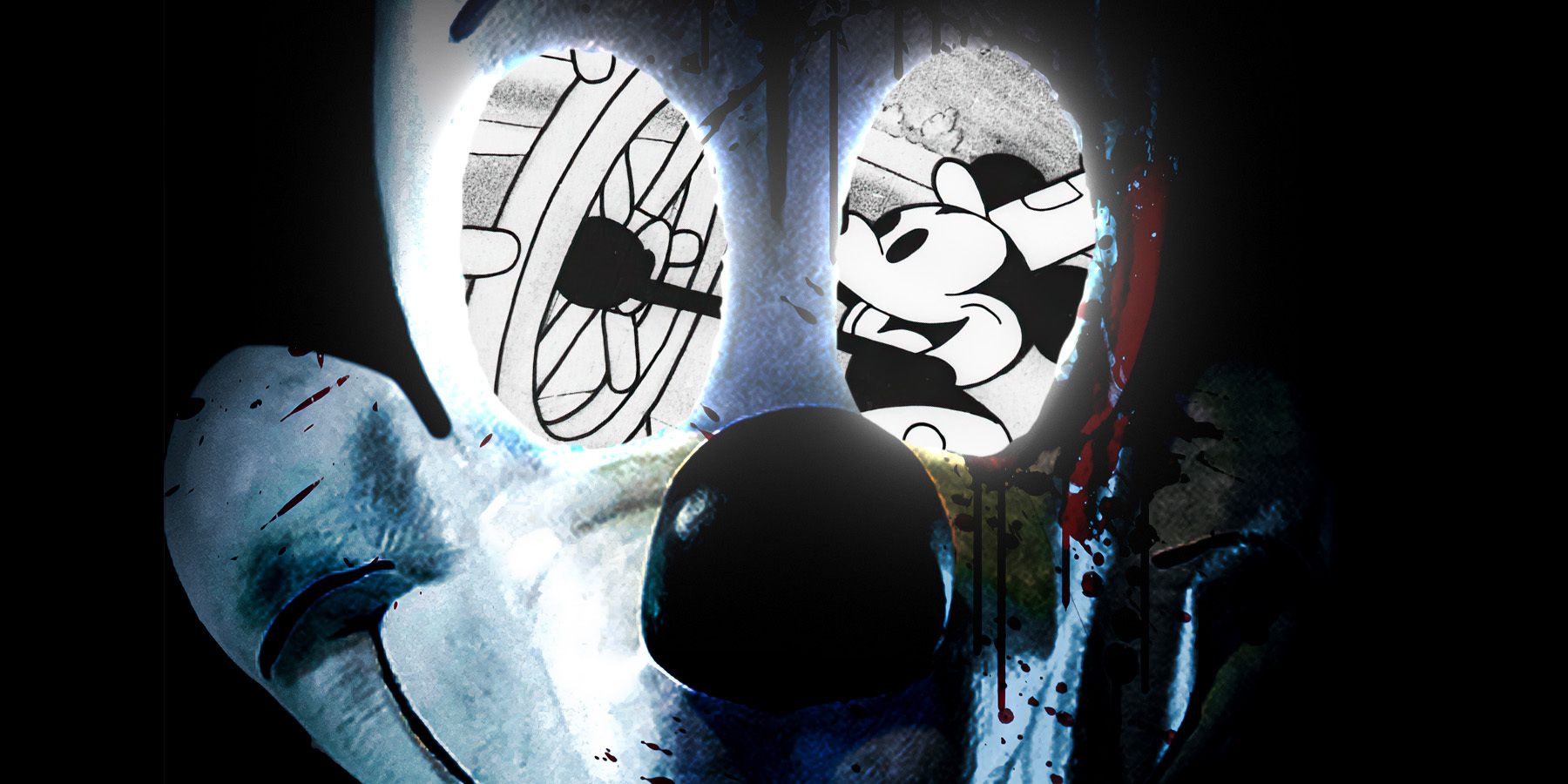6. Copyright & Fair Use
Mickey Mouse

Copyright law (JOHNS HOPKINS) is a legal framework that grants creators of original works the exclusive right to use, distribute, and profit from their creations. This law is designed to encourage creativity and innovation by providing creators with the necessary incentives to continue creating new works. However, the law is not absolute, and certain exceptions to copyright allow for the use of copyrighted material without permission or payment. One such exception is known as fair use.

Fair use (SCREEN RANT) is a legal doctrine that allows for using copyrighted material without permission in certain circumstances. The doctrine is based on the principle that some uses of copyrighted material are more socially valuable than others and that these socially valuable uses should be allowed even if they infringe on the copyright owner's rights. The doctrine is not a blanket exception to copyright law, but rather a case-by-case analysis of whether the use of copyrighted material is fair or not.

The fair use doctrine is typically applied in four different contexts: criticism, commentary, news reporting, and teaching. In each of these contexts, copyrighted material is considered fair if it is used for a transformative purpose, such as to create something new or to provide a different perspective on the original work. Additionally, the amount of copyrighted material used must be reasonable for the purpose of the use, and the use must not hurt the market value of the original work.
Mickey Mouse (DUKE LAW) is one of the most recognizable cartoon characters in the world and a symbol of the ongoing debate over copyright law. The character was created by Walt Disney in 1928, and since then, he has become a cultural icon with a significant impact on popular culture.
However, Mickey Mouse's early appearance in the public domain was a cause for concern for Disney, who saw the loss of copyright protection as a threat to the company's profits. In response, Disney lobbied for changes to the copyright law that would extend (YOUTUBE) the duration of copyright protection.

In 1998, Congress passed the Sonny Bono Copyright Term Extension Act (PUBSPOT) which extended the duration of copyright protection for an additional 20 years. This act effectively prevented Mickey Mouse and other Disney characters from entering the public domain for another two decades.
The copyright extension has been criticized for its impact on innovation and creativity. Some argue that the extension prevents new artists from building on the works of previous artists, which is essential for the development of new ideas and cultural works. Others argue that the extension benefits large corporations like Disney at the expense of the public (ART JOURNAL).
Recently, Steamboat Willie, a version of Mickey Mouse, became public domain for anyone to use. A horror movie about the beloved character is set to be released in the spring of 2024. The public domain rules that one has to follow with this newly released character are that the individual must only use the Steamboat Willie version of Mickey Mouse; the Mickey Mouse that we all love and know now is actually the mascot of Disney and is trademarked. So, one must be careful if one wants to create anything with Mickey Mouse in it. The name Mickey Mouse is also trademarked by Disney. Disney is currently trying to trademark the evolution of Mickey Mouse to combat Steamboat Willie being in the public domain.
(PICTURE IS YOUTUBE TRAILER LINK)
Copyright law and fair use are complex legal concepts that play a significant role in the creative industries. The fair use doctrine provides exceptions to copyright law that allow for the use of copyrighted material in certain circumstances, while copyright law provides creators with the necessary incentives to continue creating new works. The ongoing debate throughout copyright protection and its impact on innovation and creativity is a reminder of the importance of striking a balance between the interests of creators and the public.

This was written with the help of AI.

Comments
Post a Comment